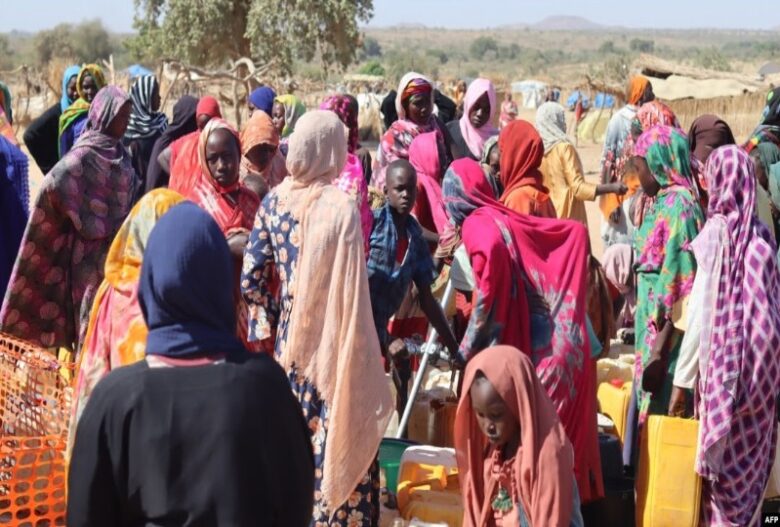Sudan’s Sovereign Council announced on Thursday that it will open the Adre border crossing with Chad for three months. This long-awaited decision by aid agencies will facilitate the delivery of assistance to famine-threatened areas in the Darfur region.
Global monitors report that over 6 million people are experiencing food insecurity in Darfur, primarily controlled by the Rapid Support Forces (RSF), amid a 16-month conflict. Famine has severely impacted North Darfur’s Zamzam camp.
In February, the army-aligned government blocked aid through the Adre crossing into RSF-held areas, claiming it was being used for weapon transfers.
U.N. experts later confirmed the credibility of claims that the RSF had received arms from the UAE via Chad, though both the UAE and RSF deny this.
The closure of Adre has left thousands of tonnes of aid stranded in Chad, as the army’s only other approved crossing, al-Tina, is currently unusable due to heavy rains.
Using other approved routes, including the five crossings designated by Port Sudan, is slower and involves crossing multiple conflict zones, according to aid agencies.
Deputy head of Sudan’s Humanitarian Aid Commission, Othamn Khojali, criticized calls for the Security Council to bypass the Adre crossing ban, labeling them as part of a “political agenda” aimed at undermining Sudan’s sovereignty and allowing unregulated access.
The Sovereign Council’s move to open the Adre crossing seems to be a preemptive response to these calls, particularly during ongoing talks in Switzerland focused on ending the war and facilitating aid, which the army is not attending.
Khojali also denied the existence of famine, attributing food shortages to RSF looting.
The RSF denies these allegations. Global monitors report that approximately half of Sudan’s 50 million people are facing food insecurity.
YOU MAY ALSO READ: Kenya Airports Authority assures August 19 strike won’t disrupt operations









Got a Question?
Find us on Socials or Contact us and we’ll get back to you as soon as possible.